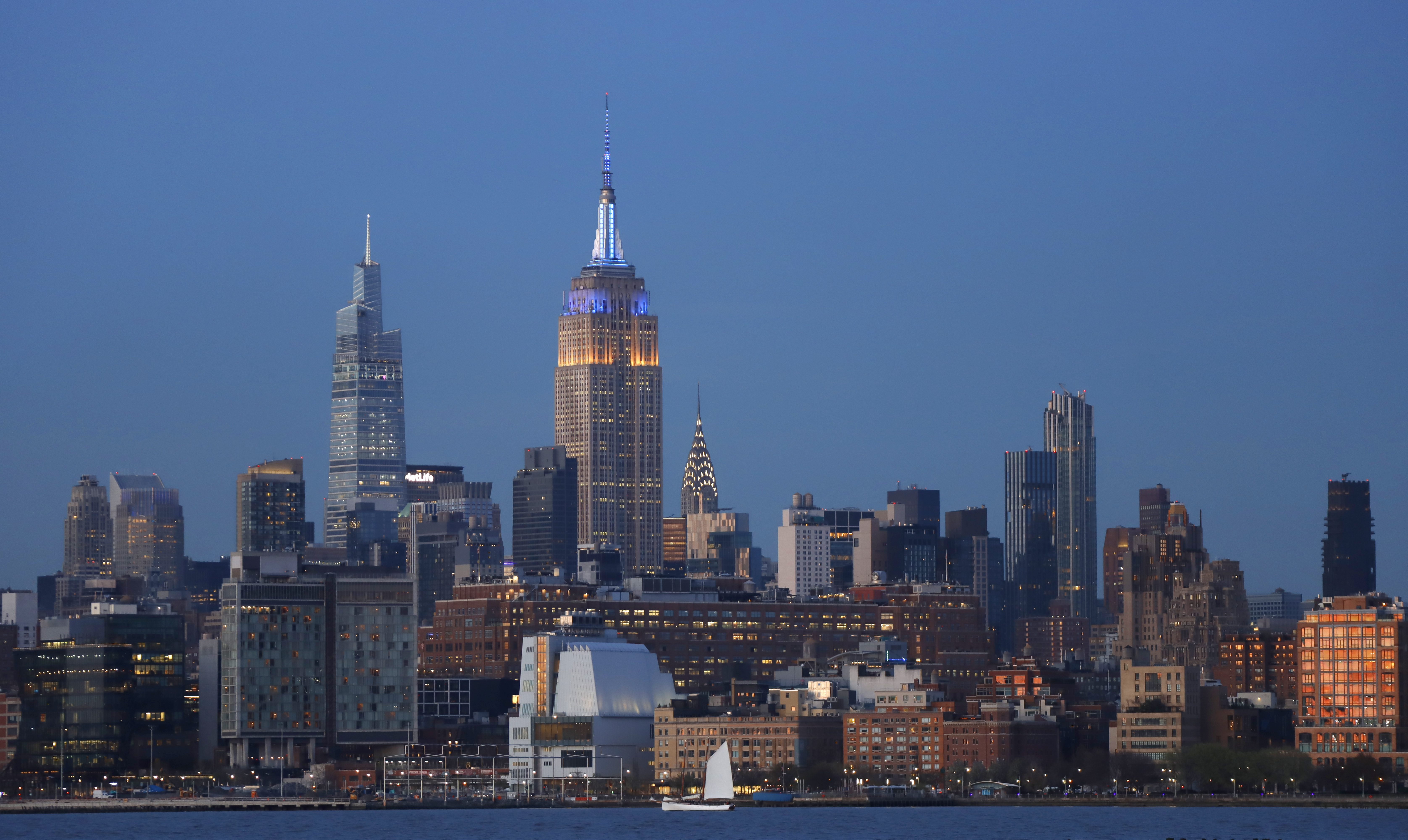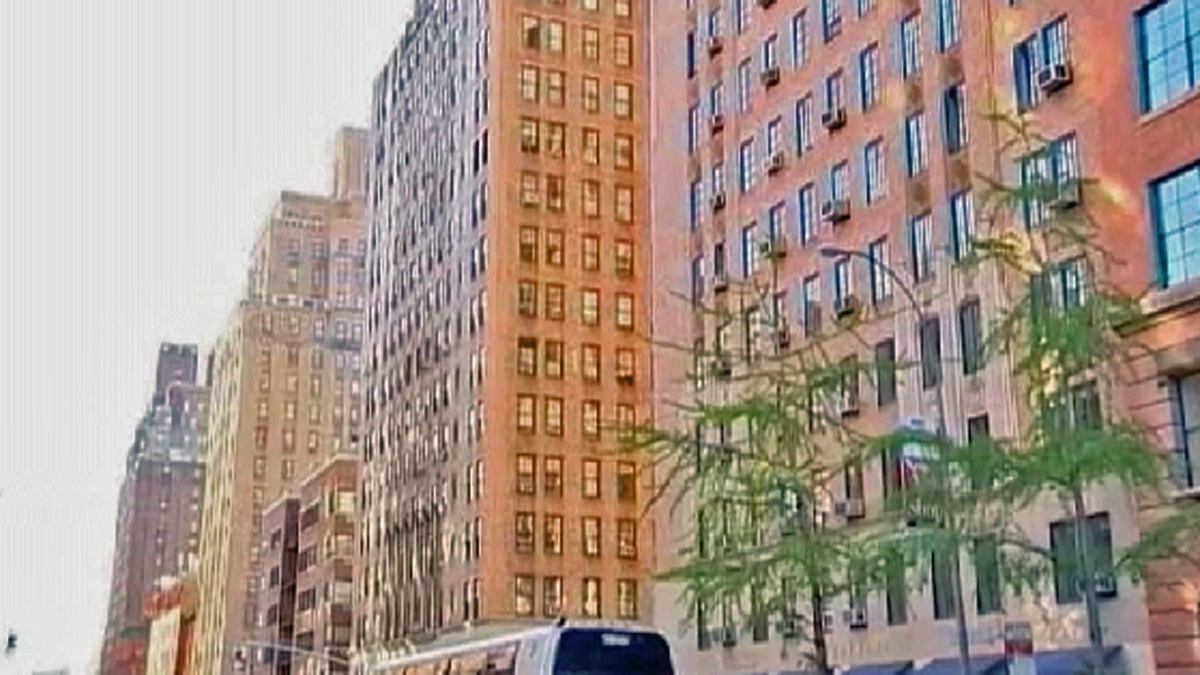Determining that there is indeed a public emergency requiring rent control in New York City, the City Council voted on Thursday to extend rent stabilization laws that were set to expire next month.
The vote comes weeks after the New York City Rent Guidelines Board preliminarily voted to increase rent on one- and two-year leases for nearly a million rent-stabilized apartments in the city.
The legislation declares that the City Council determined that there is an ongoing housing emergency, and that the emergency will continue after the current expiration of the Rent Stabilization Law, July 1, 2022. Additionally, the introduction of legislation 558-A calling for the expiration date of the Rent Stabilization Law to be amended to April 1, 2024, thus allowing for the renewal of rent regulation to follow its ordinary triennial cycle, was approved and is currently waiting Mayor Eric Adams' signature.
"These bills...[are] critical to ensuring rent stabilization can continue in New York City, following the findings in the City’s Housing Vacancy Survey,” Council Member Pierina Ana Sanchez, who co-sponsored the legislation, said in a statement. “Over the last month, the Council digested and reviewed the findings of the survey, and today, the City Council will vote on continuing the state of emergency in this city."
Pursuant to state law, the City Council must periodically determine whether there is an ongoing housing emergency defined as a vacancy rate of less than 5% of the City’s rental housing stock to maintain rent stabilization laws. If an emergency persists, the Council can pass legislation to extend the City’s Rent Stabilization Law until the following determination is due.
RENT IN NYC
Get Tri-state area news delivered to your inbox. Sign up for NBC New York's News Headlines newsletter.
The most recent Housing and Vacancy Survey was completed in 2021, according to the City Council. The survey, which was delayed twice due to the 2020 decennial census and the pandemic, revealed a net rental vacancy rate of 4.54%.
“Safe, stable, and affordable housing remains a top challenge for New Yorkers,” Speaker Adrienne Adams said Thursday. “Extending the rent stabilization laws protects New Yorkers in rent-stabilized homes who are still struggling with the lasting impacts of the pandemic. The Housing and Vacancy Survey demonstrated the dire circumstances of the city’s housing emergency, underscoring the urgency of today’s legislation."
The most recent findings of the Housing Vacancy Survey represents to us what is truly one of the most economically difficult times for renters in this city, where one would need to earn at least $110,000 to move into the median rental in NYC.
New York City's housing crisis is so acute, the city's median household income would need to almost double just to afford the median asking rent for a vacant apartment, city officials said last month.
Sanchez said that these recent findings "represents to us what is truly one of the most economically difficult times for renters in this city."
Extending the rent stabilization laws protects New Yorkers in rent-stabilized homes who are still struggling with the lasting impacts of the pandemic.
NYC Council Speaker Adrienne Adams
Sanchez went on to say that the findings also demonstrated that rent stabilized apartments are a critical source of affordable housing and stability for New York City for years -- citing that Bronx has a vacancy rate lower than 1% when it comes to these apartments, showing a clear need for them.
The Housing and Vacancy Survey also found there's almost no low-cost housing left -- vacancies in units under $1,500 a month are at a 30-year low. And among those who are housed, one out of every eight families missed at least one rent payment in the last year.
The survey, conducted triennially for the city by the U.S. Census Bureau for the last 57 years, is required to determine whether a housing emergency still exists, which in turn keeps the city's rent stabilization laws in place.
"Between 2017 and 2021, there was a net loss of about 96,000 units with rents less than $1,500 and a net increase of 107,000 units with rent of $2,300 or more, but this is part of a larger trend over time," the city's Department of Housing Preservation and Development wrote in its initial findings.
In 2021, the median asking rent for a vacant apartment was $2,750, the survey found -- and based on the common guideline that a household's rent should not be more than 30% of its gross income, a family would have to earn $110,000 a year to afford that apartment.
But that 30% guideline is just that, a guideline -- a hard one to achieve in New York City. The survey found that half the city's renters exceed that threshold, and fully a third of renters are spending more than 50% of their income on rent.
In a preliminary vote May 5, the board approved by a 5-4 margin increases of 2-4% on one-year leases, and increases of 4-6% for two-year leases.



